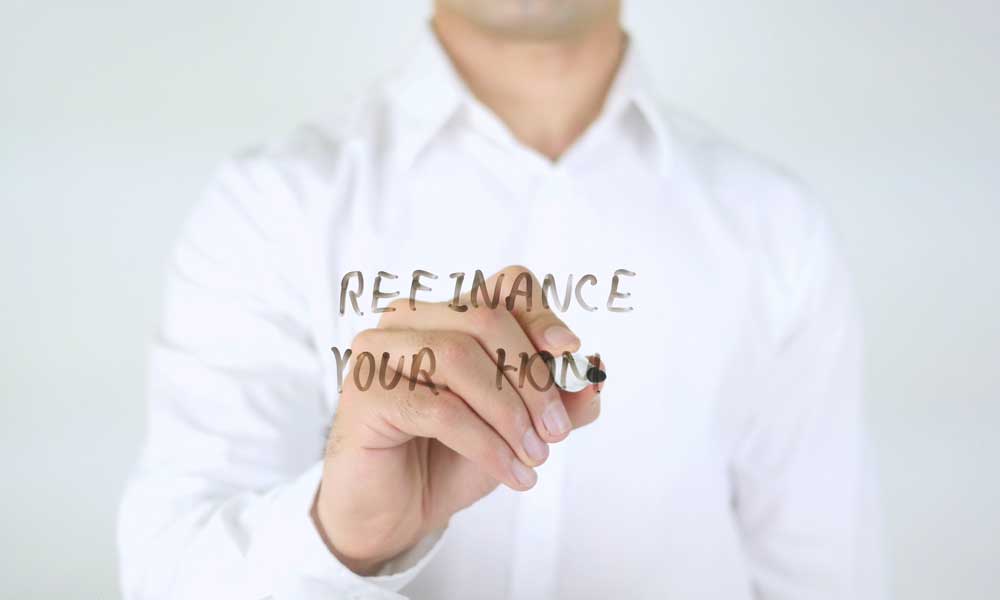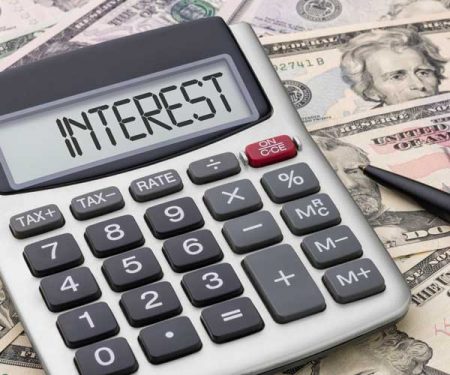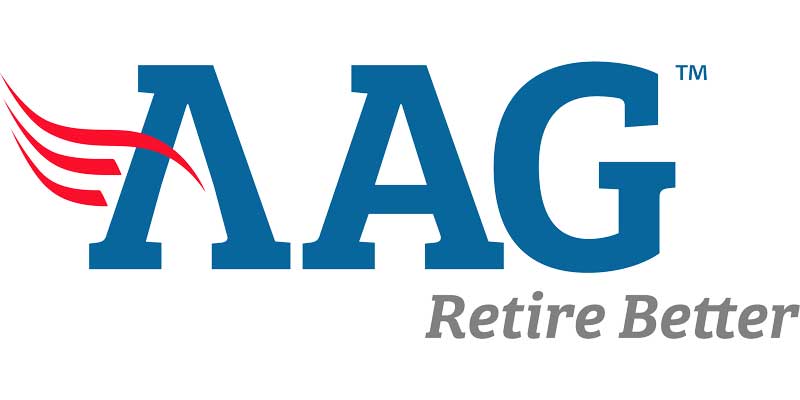When Should I Refinance my Mortgage?
Updated:
Retirement Living takes an unbiased approach to our reviews. We may earn money when you click a partner link. Learn More

There are times in your life when refinancing your home mortgage may be your best option or a necessity due to unanticipated financial need. There are many reasons why you might refinance your mortgage: wanting a lower interest rate, a shorter loan term, changing your loan term from an ARM to a conventional and more. Refinancing can cost around three to six percent of your loan’s principal and requires an appraisal and title and application fees, so it’s important to know if your reason for refinancing benefits you.
Here are five situations when you should consider refinancing your mortgage.
1. Pay off medical bills or other catastrophic bills
One of the unfortunate realities of life is that sometimes unexpected events bring big bills. Medical emergencies, natural disasters or the unanticipated long-term disability of a spouse or loved one are just some examples of life-changing events that most people aren’t prepared for. Even if you have insurance, they still leave a large out-of-pocket cost to deal with.
Medical bills can especially be of concern as we age and the risk of conditions such as stroke and heart attacks increase. Bills from car accidents or being out of work for a significant amount of time can also threaten your financial well-being. Accessing the equity in your home is one option for paying off unexpected catastrophic bills. Mortgage interest rates are generally considerably lower than rates on personal loans and other types of financing. While the term of a mortgage loan is more extended, using a cash-out refinance may be your best option for paying off substantial and unexpected bills.
Experts caution refinancing for high medical bills or catastrophic bills doesn’t really pay off anything. Instead, it moves debt around to make your debt more manageable. Often, it requires you to cut way back on your spending habits so ownership of your home won’t be at risk should you incur more debt.
For example, if you decided to do a traditional 15-year, fixed-rate mortgage refinance with a cash-out option to help with an $80,000 medical bill, you should set your budget so you can repay the loan in five to seven years.
2. Significantly lower interest rate

While no one can accurately predict interest rates over time, sometimes there is a significant drop in overall rates that presents an opportunity for homeowners. By lowering your interest rate by just 0.5 percent, you can lower your monthly payment by around $30-$50.
Instead of paying attention to a percentage change in interest rates, you can look at it another way. If you have $500,000 left on your mortgage, a one percent interest rate reduction is a lot more meaningful than if you have $100,000 left on your mortgage.
3. Shorten the term of the loan
As you approach retirement age, you need to do some planning. For most, retirement means a reduction in income and having a high mortgage payment may not be feasible. If you have not been in your home for long or already refinanced at some point, you may still have many years to pay the mortgage after you retire.
Make extra payments to pay down the principle on the loan while you are still working full time, and you could eliminate your mortgage payment in your retirement years. If you currently have a high-interest loan, refinancing to reduce the number of years until the mortgage is paid off will have a significant impact on your retirement budget. Alternatively, consider refinancing if you are between the ages of 45 and 50 and you refinance a 30-year mortgage to a 15-year mortgage. You will pay off the home before you reach the age of 65 to make budgeting on a fixed retirement income much more manageable.
4. Get out of a rising ARM
Adjustable-rate mortgages (ARMs) can be a double-edged sword. Most ARMs are considered hybrid adjustable rate mortgages nowadays, meaning they include a period in which the rates are fixed. Only after this period of time expires can the rate go up or down. Despite this hybrid form of ARMs, many people find an ARM is no longer possible to maintain due to skyrocketing interest rates that lead to much higher payments once the initial low-interest rate period lapses. Although it’s a rare occurrence, some homeowners with an ARM may have the good fortune of lower interest rates being available once the initial low ARM rate converts to a higher interest rate. In either case, refinancing is a smart move, especially if you need to do so to avoid foreclosure or bankruptcy.
Getting out of an ARM with rising interest rates is a valid reason for refinancing. If your credit is strong, you can refinance into a conventional loan. Get information from several lenders before making a decision, and be aware that funding and appraisal fees and other closing costs will likely still apply. However, those costs may be a small disadvantage compared to locking in an interest rate that is not a moving target to allow for a more affordable monthly mortgage payment.
5. Debt consolidation

If you have many accounts, such as credit cards, and are paying off the balances little by little, you can end up with an unmanageable pile of debt that could threaten your financial stability. Refinancing your mortgage with a cash-out loan may be a good option if you have built up a good amount of equity in your home. You would walk away from the cash-out loan closing with a check to use to pay off those debts.
It’s important to note, if you want to do a cash-out refinance, make sure you have enough equity so the cash you take out won’t make your loan-to-value ratio over 80 percent. If you go over 80 percent you’ll have to pay PMI insurance, which, on a $350,000 mortgage would be around $3,500 annually.
How do you calculate your loan-to-value ratio? Divide your current mortgage balance by the approximate value of your home. Let’s say your mortgage balance is $300,000 on your home that’s worth $450,000 and you need to pay off $15,000 on your credit card. It would look like this:
($300,000 + $15,000) / $450,000 = 0.7 (70 percent)
In this example, your loan-to-value ratio is under 80 percent so you use enough equity to pay off your debt and not pay for PMI.
It is vital that you develop new spending habits going forward, so you don’t find yourself in much worse financial shape due to unchanged spending habits. It is wise to take a financial planning and budgeting class to learn to manage money properly to secure your future.
Bottom Line
Whether you’re looking to refinance your conventional mortgage or VA home loan, it can be a great idea if it lowers your mortgage payment, shortens your loan term or helps you quickly build equity. It can also help you manage your debt if used correctly. Remember to always ask yourself how much money you’ll be saving with a refinance and how long you plan on living in your home.
